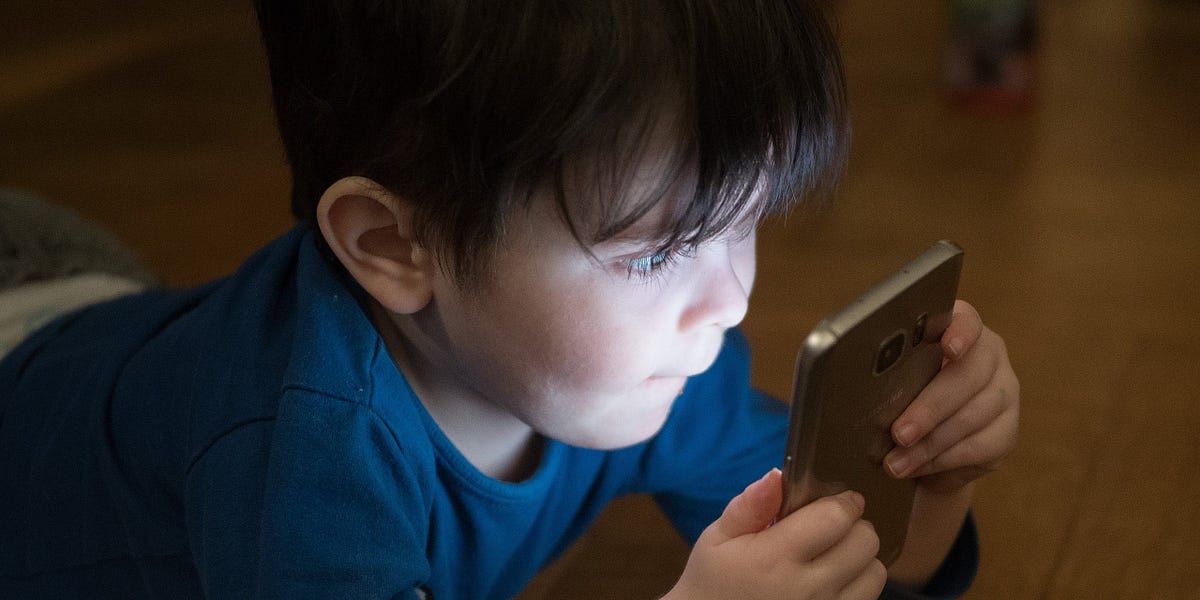30% of Children Ages 5-7 Are on TikTok

🌈 Abstract
The article discusses the concerning trend of young children, as young as 5-7 years old, using social media platforms like TikTok, despite age restrictions. It examines the potential negative impact of excessive screen time and social media usage on youth mental health, which has accelerated since around 2010. The article also explores the role of technology companies in promoting addictive behaviors and the need for parents and society to address this issue.
🙋 Q&A
[01] 30% of Children Ages 5-7 Are on TikTok
1. What are the key facts about young children's usage of social media platforms like TikTok?
- 30% of children aged 5-7 are using TikTok, despite the platform's policy of requiring users to be at least 13 years old
- The usage among this age group has increased by 5% in just one year
- Almost a quarter of children in this age group (5-7 years old) have their own smartphone, and more than three-quarters use a tablet computer
2. What is the author's perspective on the implications of this data?
- The author finds this data concerning and believes the situation in the US may be even worse than the UK data suggests
- The author argues that this trend is part of a broader "dopamine culture" promoted by tech companies to keep users, including young children, addicted to their platforms
[02] What Happened in 2010?
1. What is the connection between the rise of smartphone usage and the deterioration of youth mental health?
- The author notes that the mental health of youths in both the US and UK has been deteriorating rapidly since around 2010
- This timeline coincides with the accelerated global adoption of smartphones, suggesting a potential link between the two trends
- The author acknowledges that correlation does not necessarily imply causation, but argues that the plausibility of this connection is supported by common sense and life experiences
2. How do children and young people allocate their time in the digital age?
- Even as early as age 11, children are spending more than 4 hours per day online
- The time spent online increases dramatically between ages 8 and 12, with young children as young as 5-7 years old being "immersed in streaming and scrolling interfaces"
- The author notes that the time spent on educational or learning activities, such as the 4 minutes spent on the Duolingo app, is relatively small compared to the overall digital engagement
3. What is the author's perspective on the potential risks of this level of digital immersion for young children?
- The author expresses deep concern about the potential negative impacts of this level of digital engagement on the mental health and well-being of the younger generation
- The author draws parallels to past instances where industries denied the harms of their products, such as the tobacco and pesticide industries, and argues that a similar dynamic may be at play with the tech industry
[03] Addressing the Issue
1. What is the author's view on the role of parents and society in addressing this issue?
- The author acknowledges that parents will likely have to take the lead in fighting this battle, as the government and tech companies may be reluctant to act due to the financial interests involved
- The author encourages others to support parents in this effort by speaking honestly and forthrightly about the impact of technology on young people
2. What does the author suggest as a starting point for addressing this issue?
- The author suggests that a good starting point is to speak honestly and forthrightly about what tech companies are doing in our communities, and to continue writing and discussing this issue in the future